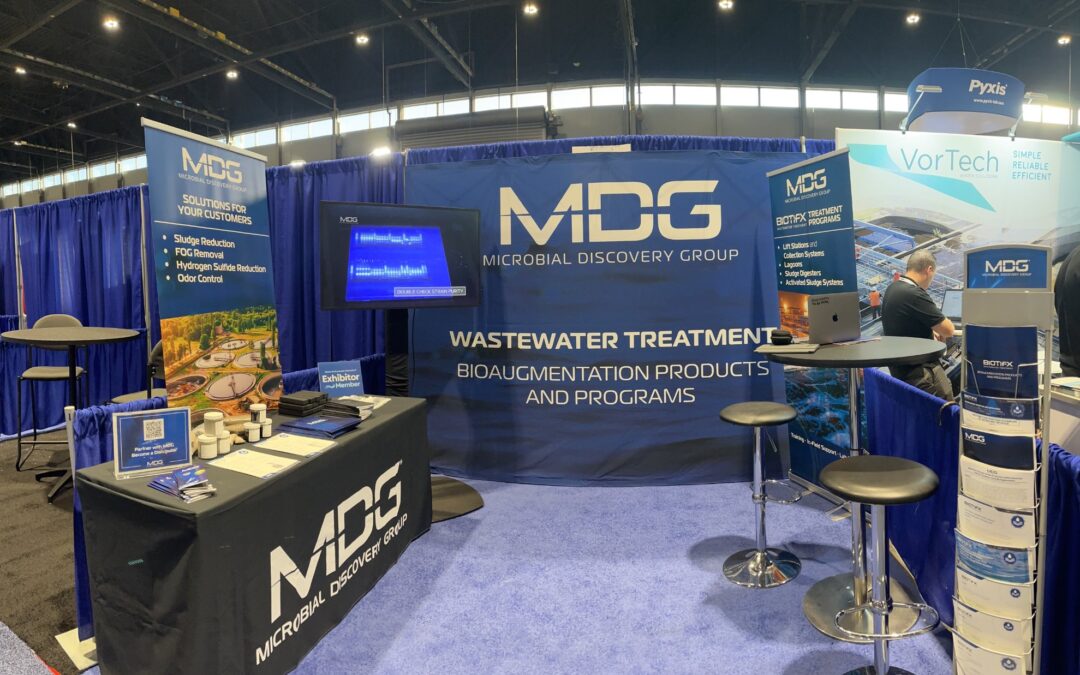This message is for all of you cleaning at home and all the industrial and institutional (Jan-San) professionals; those of you who are cleaning our critical infrastructure facilities during this unique time. Thank you for your efforts and service. As a microbiologist who formerly worked for a chemical company who sold chlorine and bromine oxidizer products (similar to bleach), I suggest everyone take note of the CDC Recommendations to Clean AND Disinfect. These two common terms are both very different and important.
According to the CDC, “cleaning refers to the removal of germs, dirt, and impurities from surfaces. Cleaning does not kill germs, but by removing them, it lowers their numbers and the risk of spreading infection. Disinfecting refers to using chemicals to kill germs on surfaces. This process does not necessarily clean dirty surfaces or remove germs, but by killing germs on a surface after cleaning, it can further lower the risk of spreading infection.”
It’s likely that most people at work and at home are disinfecting right now, judging by the empty bleach shelves and inability to find Clorox wipes anywhere. While disinfecting is important, we need to be sure we are also cleaning.
Cleaning removes dirt, debris, impurities and lowers the number of germs on a hard surface. While this doesn’t kill germs, it does lower germ numbers by removal. If you are familiar with oxidizers like bleach, it is the free form of chlorine within the product which has the most germ-killing abilities. Once the free form of chlorine becomes bound, it is less biocidal, meaning its ability to kill germs weakens. What binds the free form of chlorine? Dirt, debris, and impurities; the material you should be removing by cleaning.
Putting this all together, the free chlorine in your bleach solutions and wipes is great for disinfecting. However, if the free form chlorine binds with debris or other material, it becomes less effective at killing germs. In the future, remember you must first clean before you disinfect to allow the bleach to work at its best.









